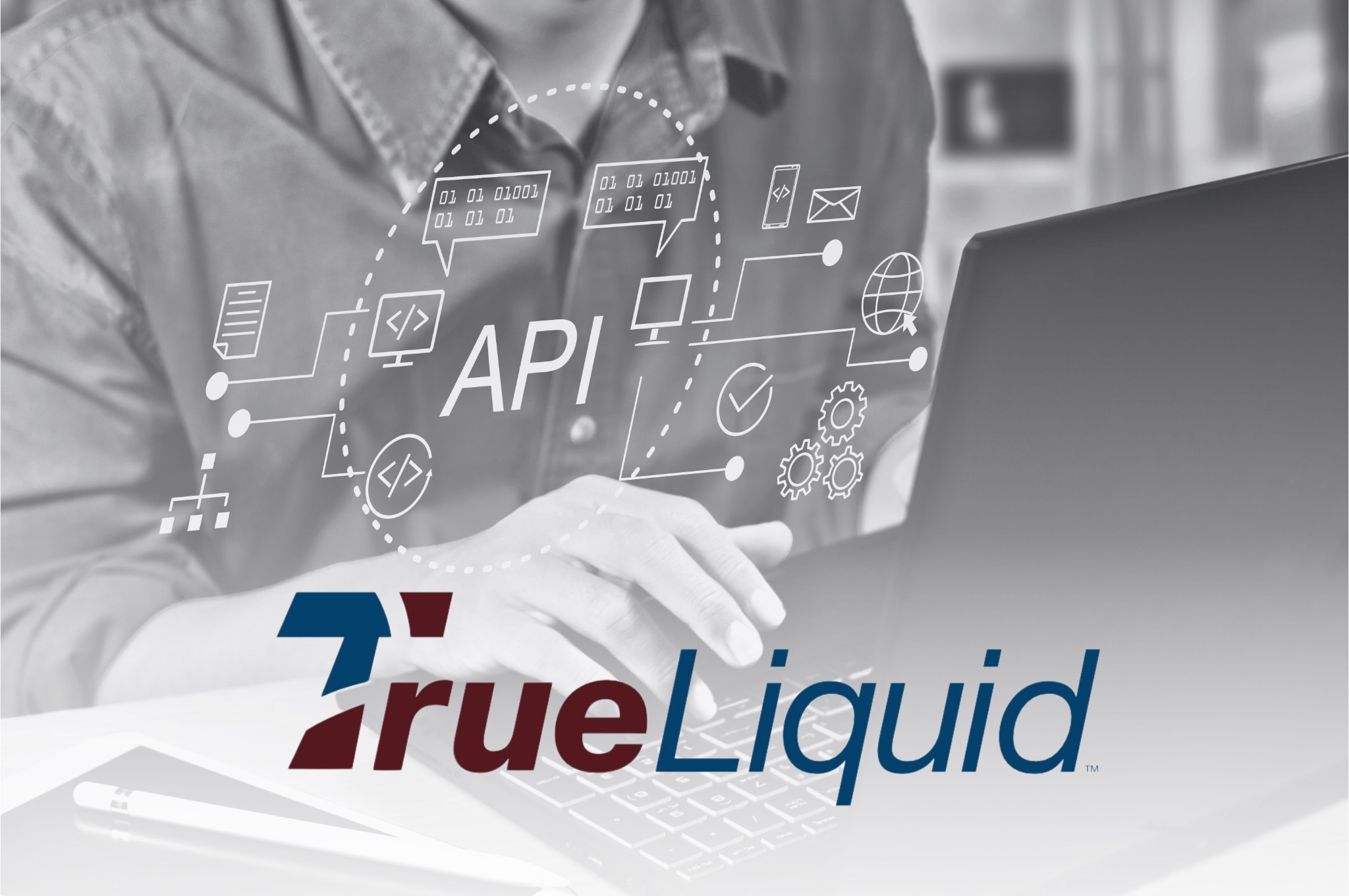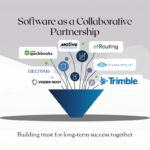2025 is Set to Be the Year of Logistics Innovation: Here’s How Adopting an API-Centric TMS Can Future-Proof Your Operations
As the liquid bulk transportation and petroleum distribution industries prepare for another year of evolution, 2025 is shaping up to be the year of logistics innovation. Decision-makers at liquid carriers and petroleum marketers face increasing pressure to optimize their operations while adapting to a rapidly changing technological landscape. To remain competitive, adopting advanced Transportation Management Software (TMS) solutions with API-centric architectures has become not just an option but a strategic imperative. Here’s why embracing an API-centric TMS is essential for future-proofing your operations.
The Growing Challenges for Liquid Carriers and Petroleum Distributors
The liquid bulk and petroleum distribution sectors face unique challenges that demand innovation:
- Operational Inefficiencies: Managing complex delivery schedules, compartmentalized trailers, and tight delivery windows often leads to inefficiencies when using legacy systems.
- Customer Expectations: Clients demand greater transparency, faster service, and accurate delivery timelines, which legacy systems struggle to provide.
Traditional TMS platforms often fall short, leaving operators stuck with fragmented workflows and limited integration capabilities. In contrast, API-centric TMS platforms like TrueLiquid address these pain points, enabling seamless connectivity and operational agility.
What is an API-Centric TMS?
A TMS is designed to optimize logistics operations, such as load planning, route management, and invoicing. API-centric TMS platforms distinguish themselves by prioritizing connectivity through Application Programming Interfaces (APIs). APIs allow seamless integration with other systems, creating a cohesive operational ecosystem.
With an API-centric TMS, petroleum marketers and liquid carriers can:
- Integrate with Existing Systems: Connect with tools like fuel monitoring systems, ERP platforms, and telematics solutions.
- Leverage Real-Time Data: Enable instantaneous data exchange for improved visibility and decision-making.
- Adapt and Scale: Add new features and integrations without costly overhauls, ensuring long-term flexibility.
The Key Benefits of an API-Centric TMS for Liquid and Petroleum Operations
1. Seamless Data Integration
For petroleum distributors and liquid carriers, siloed systems can lead to inefficiencies and missed opportunities. An API-centric TMS integrates disparate systems—such as dispatch software and inventory management tools—into a unified workflow. This connectivity enables operators to track shipments, update customers, and optimize operations with unparalleled precision.
For instance, integrating your TMS with tank monitoring systems ensures you can proactively schedule deliveries before tanks run dry, improving service reliability and reducing emergency dispatches.
2. Optimized Load and Route Planning
API-centric TMS platforms excel at handling complex routing and load optimization, crucial for liquid haulers managing multi-compartment trailers. By pulling real-time data from traffic systems, fuel cost databases, and customer requirements, these platforms generate the most efficient routes and loads.
For example, a petroleum distributor can leverage APIs to optimize delivery routes and schedules, minimizing delays and reducing fuel costs.
3. Enhanced Customer Experience
Your clients expect timely and accurate information about their deliveries. An API-centric TMS enables real-time tracking, allowing customers to monitor their loads throughout the journey. By integrating with customer portals and communication platforms, you can provide a level of transparency that sets you apart from competitors.
4. Scalability for Future Growth
Whether you’re a regional petroleum marketer looking to expand or a liquid hauler scaling operations, an API-centric TMS offers the scalability you need. By enabling easy integration with new systems and technologies, these platforms grow with your business, ensuring a strong return on investment.
Preparing for the Future of Logistics
The liquid bulk and petroleum industries are on the brink of significant transformation, driven by trends such as:
- Sustainability: Environmental regulations and customer preferences demand greener logistics practices.
- AI and Machine Learning: Predictive analytics are becoming essential for proactive maintenance, demand forecasting, and route optimization.
- Collaboration and Visibility: Integrated networks that connect shippers, carriers, and customers are redefining supply chain efficiency.
An API-centric TMS positions your business to capitalize on these trends. For example, integrating AI-powered analytics tools can help you predict demand spikes and optimize delivery schedules.
Real-World Success: How TrueLiquid Transforms Operations
Consider the case of a mid-sized liquid carrier that transitioned from a legacy system to TrueLiquid, an API-centric solution designed for the unique needs of the liquid bulk and petroleum industries. In less than a year, they achieved:
- 20% Reduction in Deadhead Miles: Optimized route planning minimized empty miles, improving profitability.
- 15% Increase in On-Time Deliveries: Streamlined scheduling and real-time tracking improved service reliability.
- Improved Customer Satisfaction: Clients appreciated the transparency provided by accurate ETAs and load tracking capabilities.
These results demonstrate the tangible benefits of modernizing logistics operations with an API-centric approach.
Overcoming Barriers to Adoption
Transitioning to an API-centric TMS can seem daunting, but the challenges are manageable with the right strategy:
- Implementation Costs: While initial expenses may be higher, the long-term savings and efficiency gains justify the investment.
- Integration Complexity: Partnering with a TMS provider that offers robust support ensures a smooth integration process.
- Change Management: Engaging your team early and providing thorough training helps ease the transition and fosters adoption.
Conclusion: A Competitive Edge in 2025 and Beyond
As 2025 unfolds, liquid carriers and petroleum marketers cannot afford to rely on outdated systems. The demand for innovation, transparency, and efficiency is reshaping the logistics landscape, and an API-centric TMS is your key to staying ahead. By streamlining operations, enhancing customer experiences, and preparing for future trends, this technology positions your business for long-term success.
Ready to future-proof your operations? TrueLiquid can help you embrace the innovations of tomorrow while meeting the challenges of today. Contact us to learn how we can transform your logistics management for 2025 and beyond.



